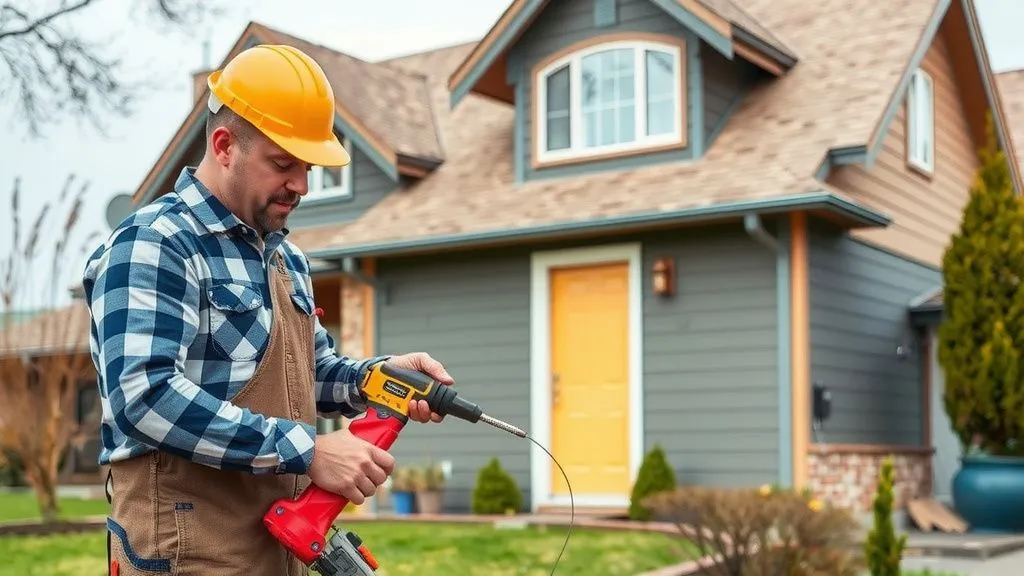Zero-Waste Approach to Saving Money
Living a zero-waste lifestyle not only benefits the environment but also has the potential to save you a significant amount of money. By adopting sustainable practices and reducing waste, you can minimize your expenses while making a positive impact on the planet.
The Benefits of Zero-Waste Living
Zero-waste living focuses on reducing, reusing, and recycling to minimize waste sent to landfills. This lifestyle not only helps conserve natural resources but also has several financial benefits:
- Reduced consumption: By being mindful of your purchases and avoiding unnecessary items, you can significantly reduce your spending.
- Lower utility bills: Adopting energy-saving habits such as using LED light bulbs, insulating your home properly, and conserving water can lead to substantial savings on utility bills.
- Saving on packaging costs: By opting for package-free or bulk options, you can avoid paying for excessive packaging that often comes with traditional products.
- Cutting down food waste: Planning meals, buying in bulk, and composting food scraps are effective ways to reduce food waste and save money on groceries.
Tips for a Zero-Waste Approach to Saving Money
To help you get started on your zero-waste journey while saving money along the way, here are some practical tips:
- Audit your current spending habits: Take a close look at your expenses to identify areas where you can make changes. Are there any subscriptions or services you no longer need? Can you find cheaper alternatives for everyday items?
- Reduce single-use items: Single-use plastics contribute greatly to environmental pollution and can also be costly in the long run. Invest in reusable alternatives such as stainless steel water bottles, cloth shopping bags, and silicone food storage containers.
- Adopt a minimalist mindset: Embrace minimalism by decluttering your home and letting go of items you no longer use or need. This not only creates a more organized living space but also prevents unnecessary purchases in the future.
- Buy second-hand: Instead of buying new, consider purchasing used items whenever possible. Thrift stores, online marketplaces, and community swap events are great places to find quality pre-loved items at a fraction of the cost.
- DIY household products: Many everyday household products can be easily made at home using simple ingredients like vinegar, baking soda, and essential oils. By making your own cleaning supplies, personal care products, and even cosmetics, you can save money while reducing waste.
- Compost organic waste: Instead of sending food scraps to landfills where they produce harmful greenhouse gases, start composting at home. Composting not only reduces waste but also provides nutrient-rich soil for gardening without the need for expensive fertilizers.
The Financial Impact of Zero-Waste Living
The financial benefits of zero-waste living extend beyond individual savings. By adopting sustainable practices on a larger scale, communities can reduce waste management costs and allocate resources more efficiently. Municipalities that implement effective recycling programs often experience significant cost savings while promoting environmental sustainability.
In addition to personal savings and community-wide benefits, zero-waste living encourages conscious consumerism. By supporting businesses with sustainable practices and ethical values, consumers contribute to a circular economy that prioritizes waste reduction and resource conservation.
Conclusion
A zero-waste approach to saving money offers numerous benefits for individuals, communities, and the planet as a whole. By making conscious choices to reduce waste, reuse items, and recycle responsibly, you can not only save money but also play an active role in creating a sustainable future. Start small by implementing one or two changes at a time and gradually incorporate more zero-waste practices into your daily life. Together, we can make a difference while improving our financial well-being.


